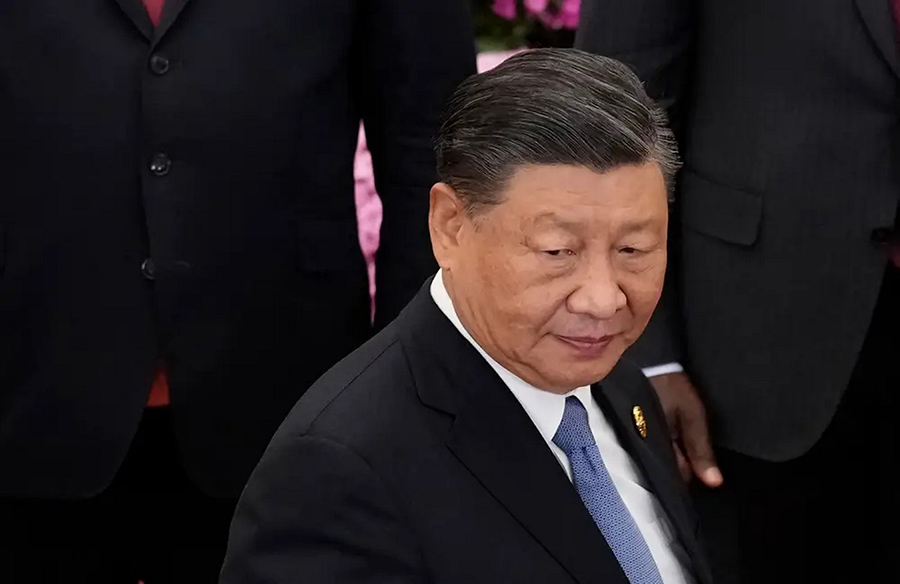Beijing’s recent intervention in the Chinese stock markets through regulatory crackdowns on private sector activities reflects a familiar strategy aimed at stabilizing market volatility. However, while these measures may provide short-term relief, they raise concerns about China’s long-term economic health and investor confidence.
Familiar Tactics, Familiar Results
In response to the substantial losses incurred by Chinese and Hong Kong stock markets since their peaks in 2021, Beijing has resorted to familiar tactics of tightening regulations on short-selling and quant trading funds. Although these actions may temporarily mitigate market declines, they risk exacerbating existing challenges in China’s financial landscape.
Short-Term Relief, Long-Term Consequences
While Beijing’s interventions may offer immediate respite for market instability, they have broader implications for China’s economic trajectory. The crackdown on private sector activities, reminiscent of previous regulatory actions, threatens to undermine investor confidence and hinder long-term market growth. Past instances of regulatory overreach have eroded investor trust and contributed to market volatility.
Investor Uncertainty and Frustration
The latest restrictions imposed by Beijing, particularly on short selling and quant transactions, have stirred frustration and apprehension among traders. The perceived lack of market transparency and regulatory unpredictability deter investors, further dampening market sentiment and inhibiting capital inflows. Such actions signal to investors that Beijing prioritizes control over market dynamics, potentially deterring foreign investment and innovation.
Need for Comprehensive Reforms
To foster sustainable economic growth and investor confidence, China must prioritize comprehensive economic reforms. Eswar Prasad, a former IMF official, emphasizes the necessity of establishing a broad reform framework to restore private-sector confidence and stimulate economic recovery effectively. Merely implementing ad hoc measures to stabilize markets is insufficient to address underlying structural challenges and foster long-term prosperity.
Concerns and Market Performance
Despite Beijing’s assurances that its regulatory actions aim to curb illegal activities and maintain market order, concerns persist regarding the impact on investor sentiment and market stability. The performance of key market indices, such as Hong Kong’s Hang Seng Index and China’s blue-chip CSI300, reflects ongoing volatility and investor unease, underscoring the need for sustained reform efforts and transparent regulatory practices.
In conclusion, Beijing’s recent market interventions highlight the delicate balance between short-term stability and long-term sustainability in China’s financial markets. While regulatory measures may offer immediate relief, addressing fundamental challenges and restoring investor confidence necessitate comprehensive reforms and transparent governance practices.




Leave a Reply